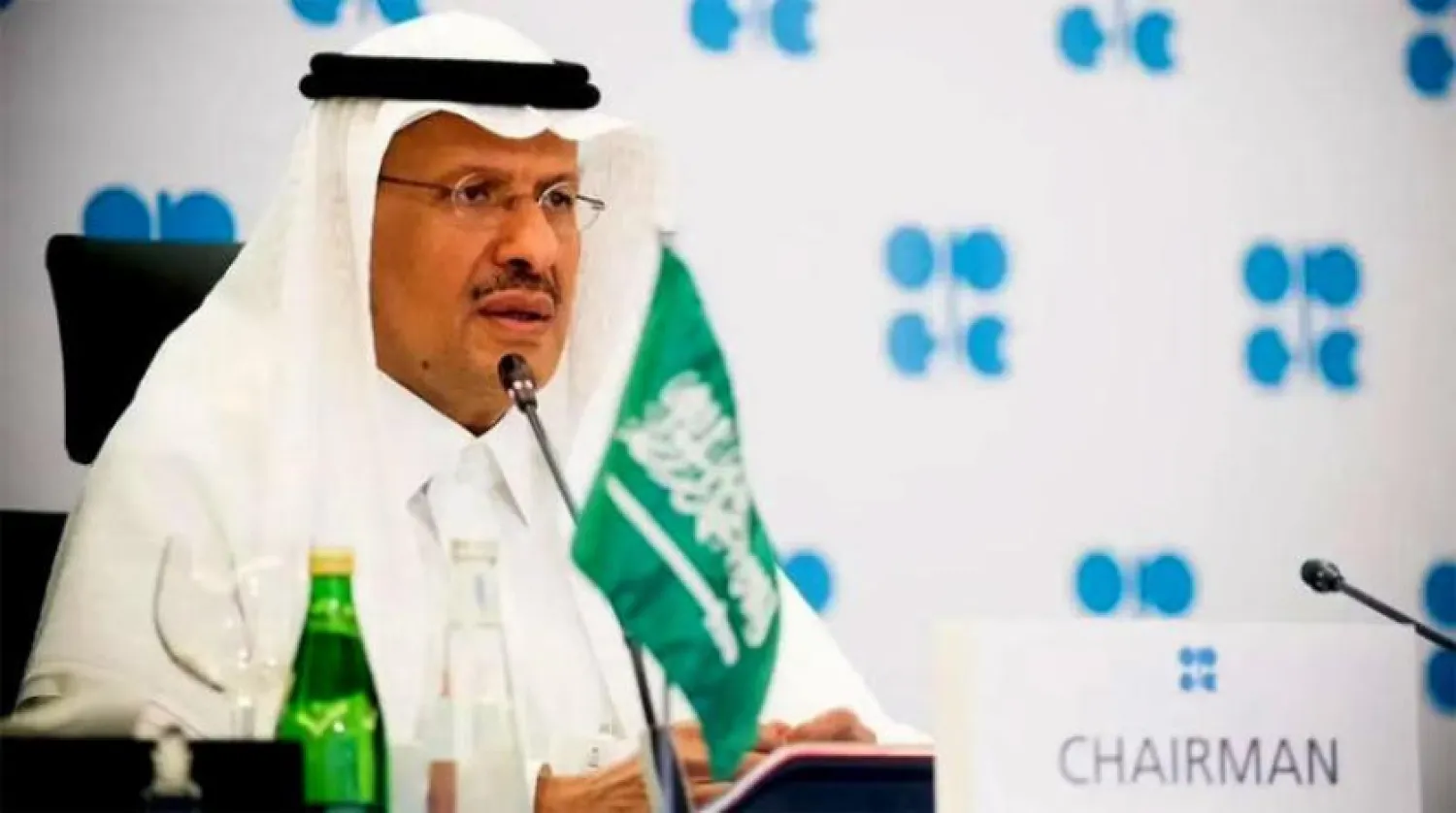In a nearly-hour long conference, Saudi Energy Minister Prince Abdulaziz bin Salman, who also chairs the OPEC+ joint ministerial committee, tackled world-press inquiries about the future of oil market trends and outcomes of OPEC meetings with a sense of humor and joy.
“Enjoy the sun…It’s going to be a sunny day,” the energy minister had told reporters waiting outside the OPEC building in Vienna on Wednesday.
The minister was on his way to attend the first on-site OPEC+ meetings since the outbreak of the coronavirus pandemic.
As he was about to enter the OPEC+ meeting, Prince Abdulaziz was asked about oil production cuts and their relationship to politics.
“I advise you to enjoy the sun... It will be a sunny day, and it will remain so,” he told the reporter standing afar.
In a brief talk, Prince Abdulaziz reviewed the state of energy prices globally. He pointed out that oil prices have increased, but so did other energy rates.
Prince Abdulaziz borrowed a funny expression from one of the plays of the legendary Arab comedian, Adel Emam, to answer a reporter’s vague question that had blurred the lines between oil, inflation, and the global economy.
The energy minister had also refrained from answering a question posed by a Reuters correspondent and said that the agency had failed to commit to official statements twice. According to Prince Abdulaziz, Reuters had adopted phantom sources instead.









